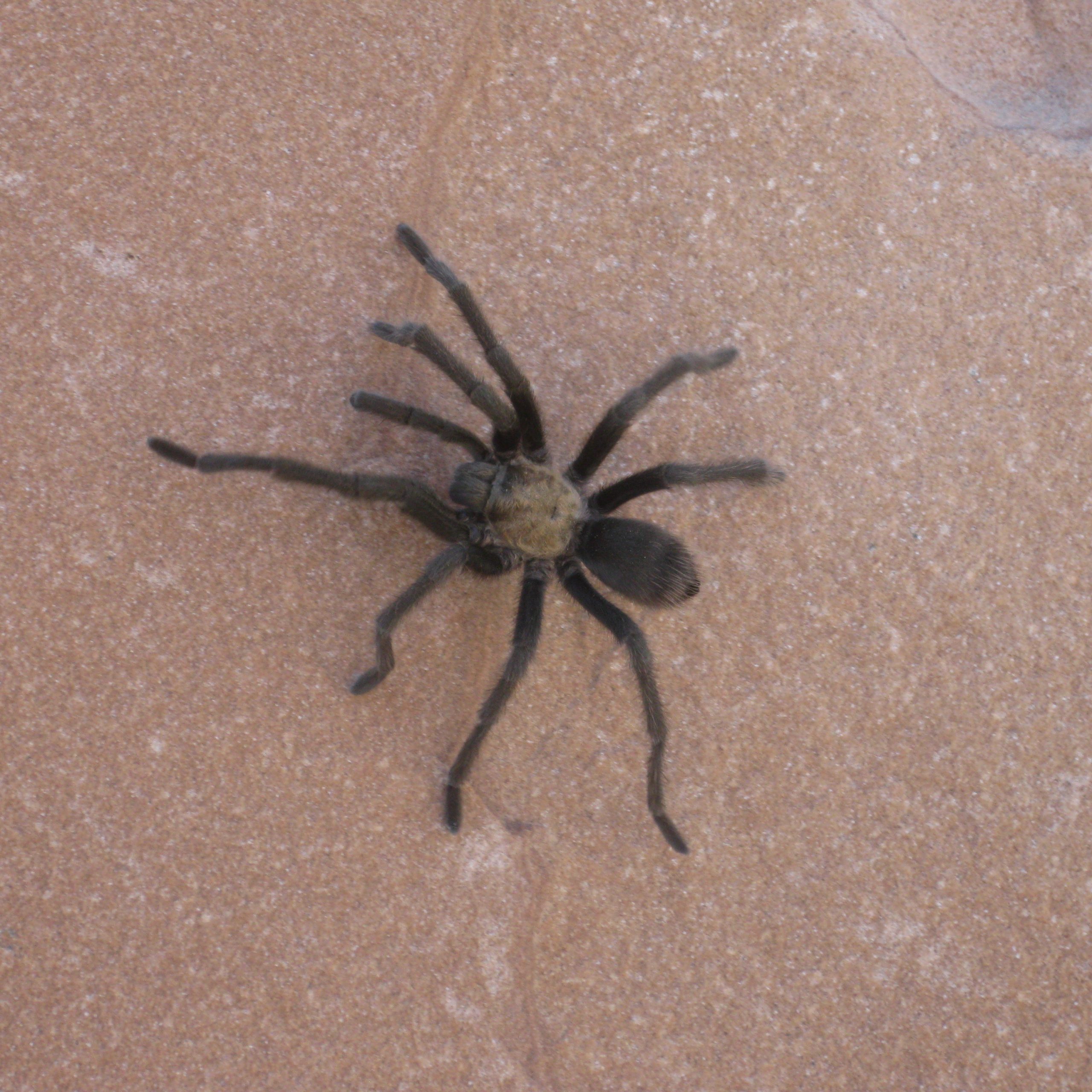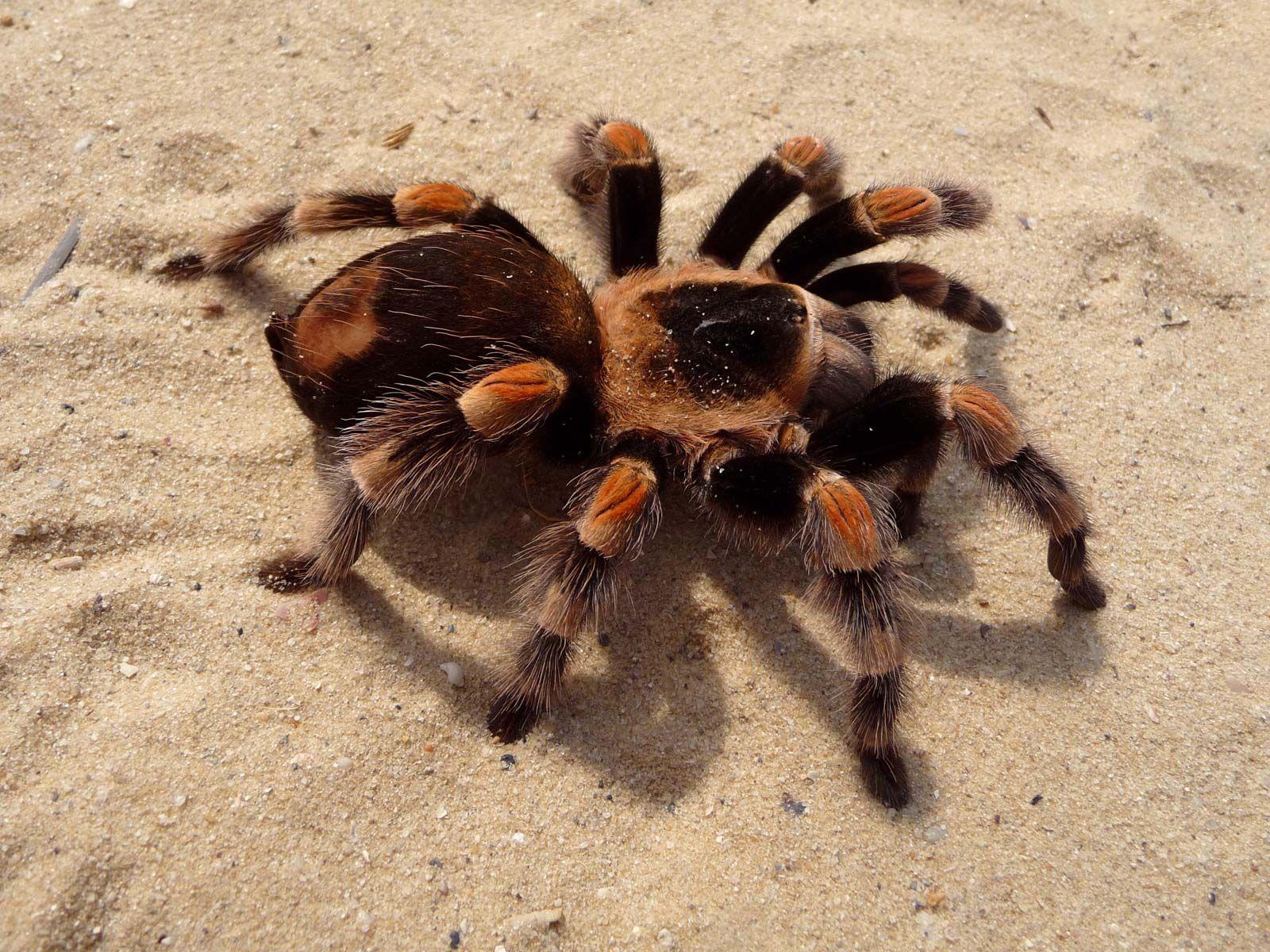German Customs Unveil Smuggling Scheme Involving Tarantulas Concealed in Spongecake Boxes
In an astonishing discovery, German customs officials uncovered a smuggling operation that involved live tarantulas hidden within seemingly innocuous spongecake boxes. The officers, who were conducting routine inspections at a customs checkpoint, stumbled upon the contraband when they noticed irregularities in the packaging. Upon further examination, they were greeted not by a delectable dessert, but by dozens of wriggling spiders, expertly concealed beneath layers of cake batter.This incident has raised significant concerns about the illegal wildlife trade and its potential threats to both biodiversity and public health.
authorities suspect that the tarantulas were intended for illegal pet trade, given the growing demand for exotic animals in various parts of Europe. Smugglers have increasingly resorted to inventive methods to bypass stringent regulations, highlighting the ongoing battle between law enforcement and those attempting to exploit wildlife for profit. This latest bust underscores the need for enhanced vigilance and international cooperation to combat wildlife trafficking. As officials continue to investigate, they encourage the public to report any suspicious activities that may contribute to the illegal wildlife market.

Implications of Wildlife Trafficking: Understanding the Risks and Legal Consequences
The recent discovery of tarantulas concealed within sponge cake boxes by German customs officials highlights the alarming prevalence of wildlife trafficking and its associated risks. Such illegal activities threaten biodiversity, as the illegal trading of exotic species disrupts ecosystems and can lead to the decline of certain populations, possibly pushing them towards extinction. Moreover, trafficking doesn’t only affect the targeted species; it can also have cascading effects on other wildlife and their habitats, altering natural balances that have existed for centuries.
In addition to ecological concerns, the legal consequences of wildlife trafficking are significant. Perpetrators may face severe penalties, including hefty fines and imprisonment, depending on the jurisdiction and the severity of the offense. The enforcement of strict regulations by international bodies, such as the Convention on International Trade in Endangered Species of Wild Fauna and Flora (CITES), underscores the global commitment to combatting this crime. Furthermore, public awareness campaigns surrounding wildlife trafficking play a crucial role in discouraging potential traffickers, educating communities about the importance of protecting endangered species, and fostering a sense of responsibility towards wildlife conservation efforts.

Enhancing Detection Methods: How Customs Authorities Are Strengthening Smuggling Prevention
In a striking example of enhanced detection capabilities,German customs officials recently uncovered a bizarre smuggling operation involving live tarantulas concealed within boxes of spongecake. This incident underscores the evolving challenges faced by border authorities as smugglers adopt increasingly sophisticated tactics to evade detection.Recent advancements in technology and methodologies have allowed customs authorities to implement more rigorous inspection protocols, enabling them to identify unusual shipments and prevent illicit activities effectively.
To bolster their enforcement efforts, customs authorities are employing a variety of innovative techniques, including:
- Advanced Imaging Technologies: Utilizing high-resolution scanners that can detect anomalies in cargo without breaking seals.
- Data analytics: Analyzing shipping patterns and cargo histories to identify suspicious shipments.
- K9 units: Deploying specially trained dogs that can smell live animals and other illicit goods.
- Intelligence Sharing: Collaborating with international agencies to share data on smuggling trends and methods.
As evidenced by this latest incident, ongoing training for customs personnel and the integration of artificial intelligence tools are crucial in adapting to new smuggling methods. The proactive approach not only focuses on immediate interceptions but also targets the broader network of wildlife trafficking,thereby reinforcing the commitment to international conservation and border security.

Public Awareness Campaigns: Educating Communities on the Dangers of Exotic Pet Trade
In a shocking turn of events,German customs officials have unearthed a disturbing attempt to smuggle live tarantulas disguised within spongecake boxes. This incident serves as a stark reminder of the perilous underbelly of the exotic pet trade, which not only threatens the survival of various species but also poses significant risks to public health and safety. The hidden tarantulas, an exotic commodity in high demand for collectors and pet enthusiasts, have raised flags about the methods employed by smugglers to bypass regulations aimed at protecting endangered wildlife.
The implications of such smuggling efforts extend beyond the immediate legality of the act. By exposing communities to potentially invasive species and pathogens, the exotic pet trade encourages a cycle of environmental degradation and ecological disruption. Awareness campaigns must address the following critical points:
- the ecological impact: Exotic species can disrupt local ecosystems if released or escape into the wild.
- Health hazards: Handling or owning exotic pets can expose individuals to diseases not prevalent in local populations.
- Legal ramifications: Many countries have strict regulations regarding the ownership and trading of exotic pets.
Promoting education on these issues is essential in galvanizing communities to comprehend and challenge the illegal wildlife trade, fostering a collective responsibility towards protecting biodiversity and public health. Without proper awareness, the allure of exotic pets could continue to overshadow the real dangers they represent.
